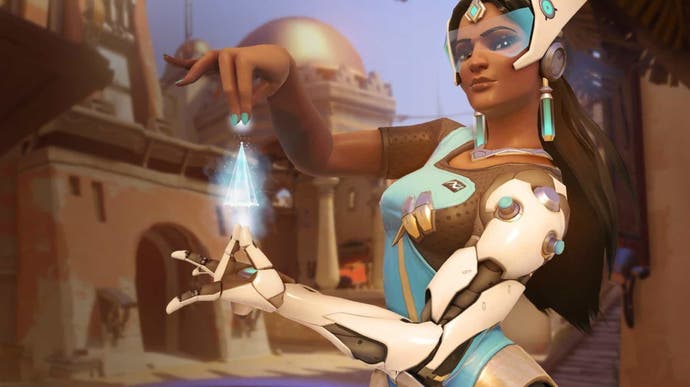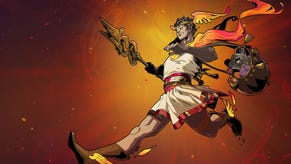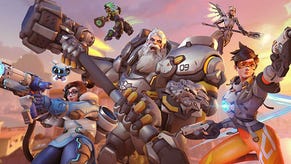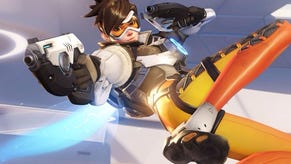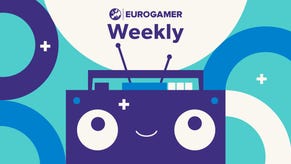Character before condition - looking at gaming and autism representation
It's time to take a good look at autism in video games.
Representation is key, they say.
One of the most beautiful and soul-stirring thing about video games is that not only can they offer enriching experiences that make us not want to put down our controllers, tell rich, deep stories but they can also create compelling, often relatable characters. Characters that really strike a chord with us.
This can be particularly true for players who, like myself, are on the autism spectrum.
So, here's a bit of background about autism. Autism is a neurological condition in which social interaction, communication and even motor skills are affected. People on the autistic spectrum may also have a penchant for rituals and routines, special interests, sensory issues, trouble expressing feelings, difficulty forming and maintaining relationships and perhaps engaging in repetitive and compulsive behaviours.
Autism is a very individualised condition, therefore it manifests itself in many different ways within different people. No one size fits all here. It's also different in both males and females. For instance, autistic traits in females can include the tendency to copy and mimic behaviour, camouflage behaviours as shown by their peers around them. On the other hand, males on the autistic spectrum are more likely to receive a diagnosis than females.
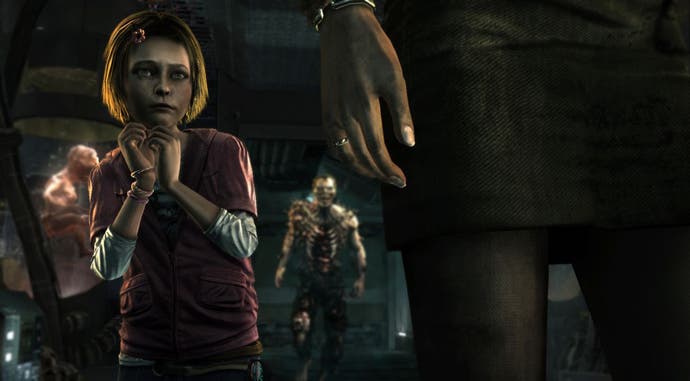
People on the autism spectrum, whether they're gamers or not, can find it extremely difficult to relate to the world around them. Video games tend to provide the perfect form of escapism and enjoyment for people on the autistic spectrum. It can be particularly heartwarming spending hours immersed in a great game to see an element of themselves within the characters in the game.
In the past, representations of autism, in various types of media have been somewhat of a mixed bag creating divisive opinions and responses. First of all, there was the critically panned game Amy, released on PS3, Xbox 360 and PC. The game involves guiding the titular character on - yep, you guessed it - an escort mission in which the player has to keep her safe. This reinforced the stereotype of the autistic savant, in which it's insinuated that in order to function properly within a predominantly neurotypical society, autistic people must have some form of gift or super power to compensate for their symptoms. Think Raymond Babbitt in Rain Man 30 years ago...
Overwatch, Blizzard Entertainment's now-legendary character-driven first-person shooter, has been continuously praised for its multitude of character representations with regards to race, ethnicity, background and orientation since its release in 2016. This shows how video games are becoming more and more inclusive with regards to character representation. No wonder it's become immensely popular all over the world.
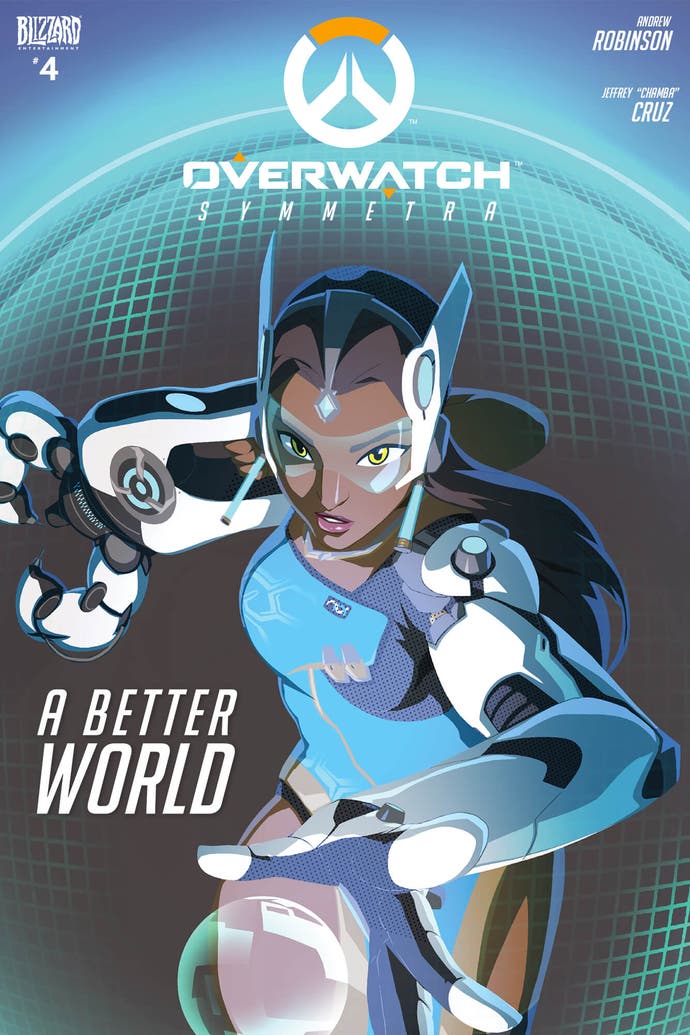
In particular, Symmetra, an Indian architect, is a playable support character in Overwatch. It was confirmed by Overwatch creator and director Jeff Kaplan, that Symmetra is indeed on the autism spectrum after responding to a letter from a fan. The autistic characteristics are highly prominent in Symmetra as she always missed social cues during battles. For example, during the game, she tells her teammates that "the true enemy of humanity is disorder", most likely inferring that she craves social structure and routine and gets very distressed if that is in anyway disrupted, just like many other people on the autism spectrum.
In the spin-off comic, Symmetra: A Better World, in which the Overwatch comic lore is directly tied to the video game lore, it is revealed that everyone has always said she is different and she is asked where she fits on the spectrum. In the first panel, for example, the Vishkar Corporation are talking about some very important political things and Symmetra notices a picture on the wall and how it's crooked and sloppy and this minute detail had proven to be a bee in her bonnet. This is a very common characteristic of people on the autism spectrum - these slight obsessive- compulsive tendencies and meticulous attention to detail, thoroughness and accuracy.
That's a bit like me and plug socket switches. Whenever I see an empty plug socket with switches on, I have to go and a switch them off. I just have to. I don't know why.
At the end of the comic, she says it used to bother her because she knew it was true and it doesn't bother her anymore. She is empowering herself. She is capable of seeing and doing things that many other people couldn't. Other people might think of her as different because of that but she knows she has a special power because of it.
As a female of colour on the autism spectrum, Symmetra's inclusion in the game made me internally scream with huge delight. I absolutely love the fact that the developers were considerate enough to include this. Also, the fact that there's an absence of a story campaign in Overwatch means that perhaps there'll be more focus on Symmetra and her capabilities as well as what she can offer to her team. To see a character in a video game with autism who doesn't fit into the Sheldon Cooper or Raymond Babbitt mould is both refreshing and uplifting for me. Especially how women of colour on the autistic spectrum are seriously underrepresented in society as a whole.
It's extremely empowering for me to see another woman of colour in a video game with autism. Symmetra shows to all people who are feel different that you should never let society dictate what you do or who you are. I give many props to the guys at Blizzard for pulling this off in such a beautiful and tasteful way without shoving it down our throats or being too preachy. With this kind of exposure in a global billion-dollar franchise, I really hope that people are able to see that being on the autistic spectrum shouldn't be limiting at all.
In today's internet culture, it's just so saddening how autism can often be used as a crude insult or derogatory remark and that so many people pressing away on those keyboards can be so quick to make a mockery out of it, such as saying, "Oh, you're a little bit autistic". Just like saying "Oh, that is so gay", for example. So outdated...
I'm not saying that every game should have autistic representation. But it is great to see it represented in a game like Overwatch, for example, which features lots of heroic characters. Autistic people are not portrayed enough in media. This shows how little people know about autism or know what it's like to live with autism. Underrepresented demographics are a rarity within video games. But this seems like developers are taking baby steps towards instigating any real change in that sense. In order to improve autism representation in games, developers and writers must put the character before the condition.
There needs to be a lot more focus more on their capabilities to the narrative and gameplay experience rather than just reduce them to stereotypes or try to tick off a huge checklist. Autism and Asperger's Syndrome should never define who they are. The next step is to get people to understand.
